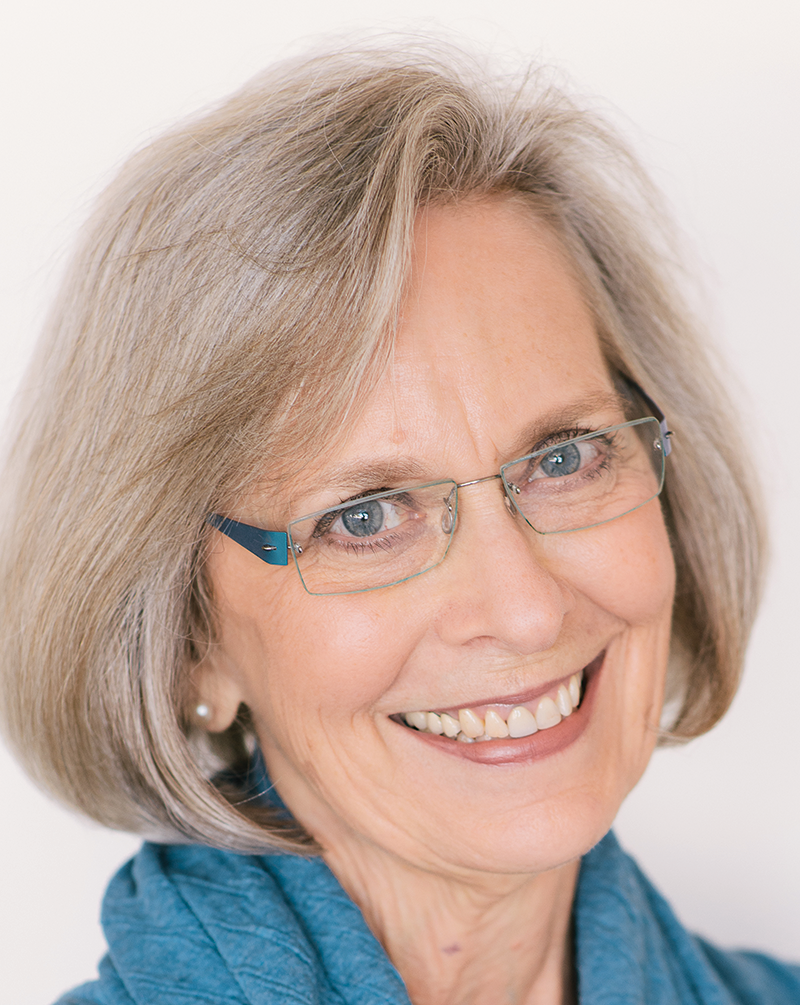When Words Heal
Writing Your Cancer Story
by Sharon A. Bray, EdD
Fifteen years ago, numb from treatment for early-stage breast cancer, I signed up for a weeklong writing workshop at the urging of a friend. While I looked forward to it, I had mixed emotions, and on the first day, I entered the classroom full of doubt and anxiety.
The first writing exercise was brief and unexpected. “Tell me something I can’t forget,” the workshop leader said.
I stared at my notebook, mind blank as the page, settling on a childhood memory just to get something written. When the leader invited us to read aloud, however, I passed.
Gradually, I wrote more easily, but the word cancer never appeared in my notebook until the final class. Among the prompts offered on that last day, a single sentence chosen at random opened the door to my real story. I felt my skin prickle as I read the words from the slip of paper: “The hospital corridor was dimly lit …”
I began writing; words flowed from my pen. I couldn’t write fast enough as I remembered how I felt waiting in a small room for my first radiation treatment. That was over fifteen years ago, and it was the beginning of a new life
chapter for me.
Now as I lead my own “Writing Through Cancer” workshop series, I often hear participants apologize for their writing attempts, saying, “I’m not really a writer.” But everyone can write.
What I think is really being expressed by these participants is fear (much like I felt years ago during that first workshop), fear they have nothing to write about. Yet, as they soon discover, they do.
In his book The Emperor of All Maladies: A Biography of Cancer, Siddhartha Mukherjee describes cancer patients as storytellers, narrators “of suffering” – travelers who have “visited the kingdom of the ill.” Writing helps us express our pain and suffering, helps us “unburden” ourselves of it. Expressing through writing these events we’ve experienced, and the feelings surrounding them, helps us heal.
Let’s Get Writing!
- What are you waiting for? Here are a few writing prompts to help you get started:
- Tell me something I can’t forget.
- Describe the moment you heard the words “You have cancer.”
- Finish this sentence: “Before cancer I was … ” Now begin a new page and write again, but this time, begin with the following: “After cancer I am … ”
- For more writing prompts. like these, visit Sharon’s blog, WritingThroughCancer.com, where she posts a new prompt each week.
At the first meeting of each of my writing workshops, I ask everyone to write about when they first heard the words “You have cancer.” Within seconds, pens and fingers move rapidly, words filling the page or laptop screen. As the participants read aloud what they’ve written, it’s often with trembling voices. Tears may be shed, but everyone is nodding in understanding.
Writing helps us express our pain and suffering, helps us “unburden” ourselves of it.
Why write?
It helps us to make sense of the chaos of emotions brought on by cancer and repair the damage cancer inflicts on our lives, our sense of self, our disrupted futures. We write to remember who we were, but we also write to discover who we are becoming. Research confirms that the most healing kind of writing takes the shape of a story. Stories are how we communicate. They are the language of community. Through shared story, isolation and loneliness are diminished. We discover we are not alone. Writing helps us gain perspective, helps us rediscover life and remember what truly matters.
I launched my first “Writing Through Cancer” series one year after I finished cancer treatment. I’ve never ceased to be inspired and humbled by the men and women who attend my workshops to write and share their stories of the cancer experience. Though joined by cancer, each person’s story is unique.
“I am the only one who can tell my story and say what it means,” Dorothy Allison writes in her memoir Two or Three Things I Know for Sure. Her words are wise and true. No one can tell your story or create meaning in it but you.
Do you want to write? Then ask yourself, “What is the story I want to tell? ” Your story matters. If you don’t tell it, who will?

Dr. Sharon Bray is the author of two books on the health benefits of writing through cancer. She leads expressive writing groups for cancer survivors and teaches creative nonfiction for the UCLA Extension Writers’ Program.
This article was published in Coping® with Cancer magazine, March/April 2016.
Everyone has a unique story to share. Do you want to share your survivor story? We consider a cancer survivor to be anyone living with a history of cancer – from diagnosis through the remainder of life.
Here are our submission guidelines.


